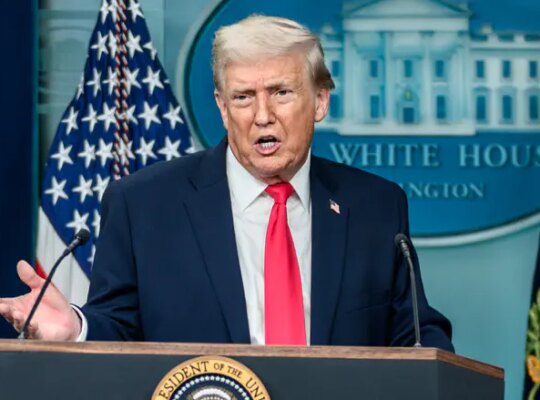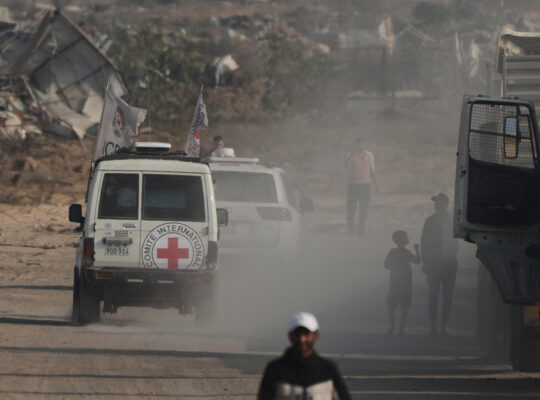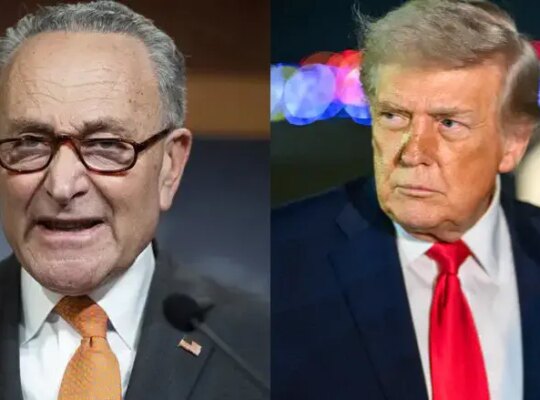President Trump abruptly declared victory over Yemen’s Houthi rebels last week, ordering an end to a two-month bombing campaign that had burned through nearly $1 billion in munitions while failing to stop the Iranian-backed terrorist group from launching attacks on America’s closest ally in the Middle East.
“We hit them very hard and they had a great ability to withstand punishment,” Trump said in victory on Wednesday. “You could say there was a lot of bravery there.”
“President Trump successfully delivered a cease-fire, which is another good deal for America and our security,” White House spokeswoman Anna Kelly said in a follow-up statement, noting that U.S. forces had conducted more than 1,100 strikes and killed hundreds of Houthi terrorists.
However, behind the scenes senior officials describe to the New York Times a military campaign beset by setbacks and a commander-in-chief increasingly impatient with another costly war in the Middle East.
General Michael E. Kurilla, head of U.S. Central Command, had initially proposed a comprehensive operation that would dismantle Houthi air defenses before launching targeted assassinations against Houthi leadership, modeled after Israel’s successful operations against Hezbollah. Instead, Trump had given Pentagon officials just 30 days to show meaningful progress for the planned 8-10 month operation.
“By Day 31, Mr. Trump, ever leery of drawn-out military entanglements in the Middle East, demanded a progress report,” according to administration officials familiar with the discussions.
Meanwhile, the losses were adding up quickly.
Defense officials acknowledged losing seven MQ-9 Reaper drones worth approximately $30 million each to Houthi air defenses. In an embarrassing series of mishaps, two F/A-18 Super Hornets valued at $67 million apiece tumbled off the aircraft carrier USS Harry S. Truman into the Red Sea within 10 days of each other, injuring two pilots and a flight deck crew member.
Pentagon officials also were growing increasingly concerned about depleting precision munition stockpiles that might be needed for potential conflicts with China over Taiwan. Furthermore, the campaign failed to hinder attacks, with the Houthis continuing to fire at vessels in the Red Sea and successfully striking near Israel’s Ben-Gurion International Airport on May 4.
When progress reports failed to show decisive victories, Trump seized an opportunity presented by his Middle East envoy Steve Witkoff, who had been engaged in Omani-mediated nuclear talks with Iran. Omani officials suggested a resolution where the U.S. would stop bombing in exchange for the Houthis agreeing not to target American ships specifically, though the group would maintain freedom to attack vessels it deemed supportive of Israel.
For their part, Israeli leaders were reportedly stunned by the U.S. decision to halt operations against the Houthis so soon after the attack on Ben Gurion airport that had wounded several Israelis and were further shocked that they weren’t notified of the deal until afterwards.
Source link











